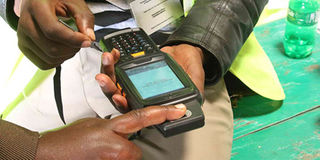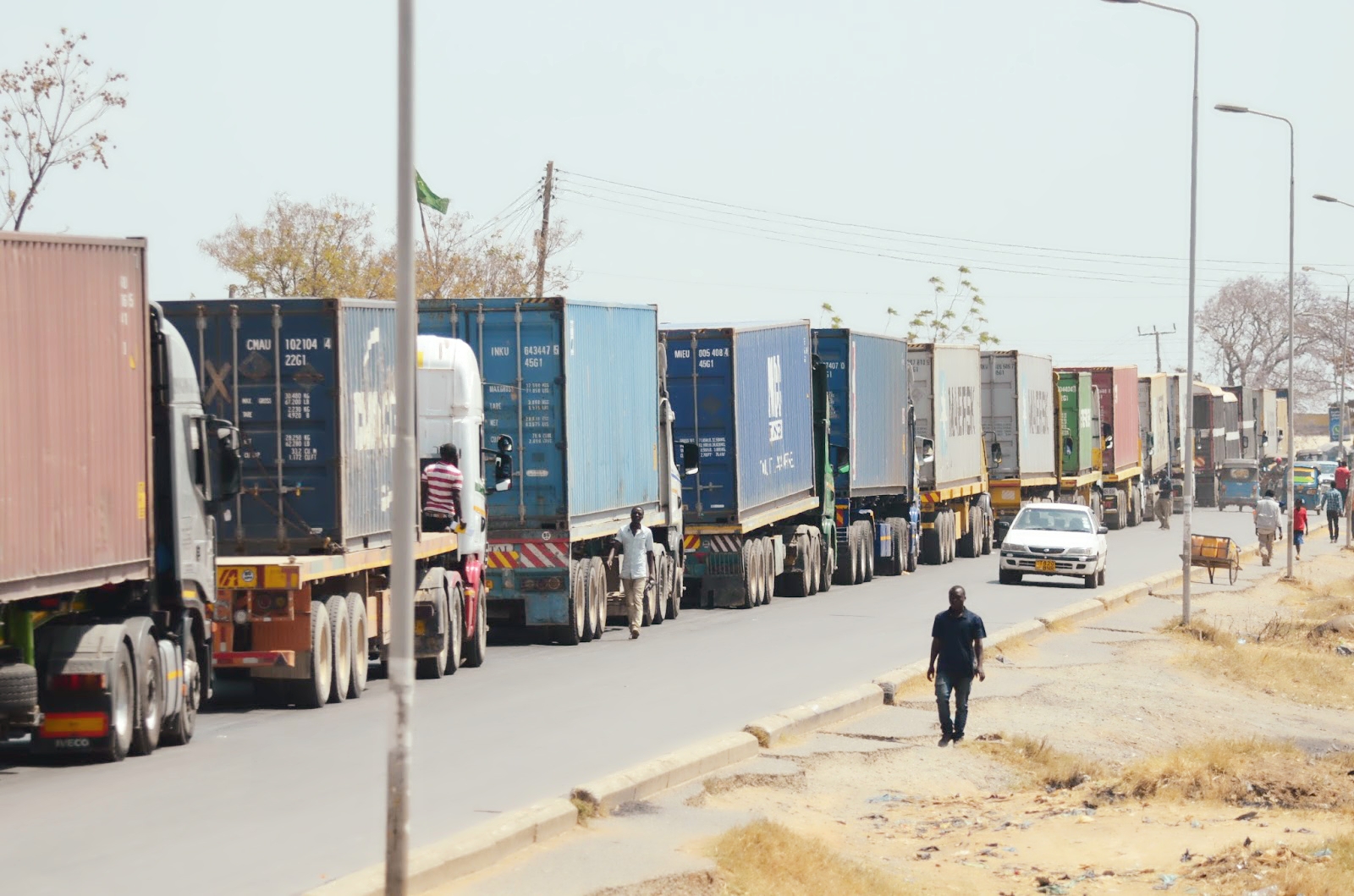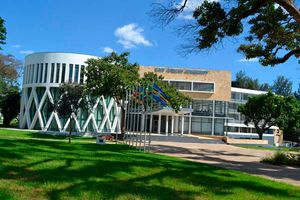Sim card registration runs into fresh difficulties

What you need to know:
TCRA report shows that a total of 32.9 million sim cards were already registered biometrically, which is 75.3 percent of existing 43.7 million sim cards connected to the mobile telecoms networks.
Dar es Salaam. Tanzanians waiting for their national identity cards to biometrically register their mobile phone sim cards will have to continue waiting for an unspecified period, following a systems breakdown at th National Identification Authority (Nida) offices.
Since January 21 this year, millions of Tanzanians have been cut off from communication, after their mobile telephony sim cards were switched off by the Tanzania Communications Regulatory Authority (TCRA) for not being biometrically registered.
The victims of the disconnections are subscribers who have no national IDs issued by Nida, a requirement for biometric sim cards registration.
A reliable source from Nida revealed that the network breakdown occured last Tuesday, disrupting the ongoing biometric sim card registration.
This means that those who had applied for national IDs cannot obtain them or their National Identification Numbers (NIN) until the network is restored.
“Things have got stuck at Nida. Workers are just reporting in office, but they can do nothing because of the network breakdown, which has disrupted the Authority’s day-to-day operations,” the source said yesterday.
But when asked about the challenge the authority is facing, the head of Communications and Documentation Unit, Mr Thomas Nyakabengwe, said the people to sort out the mess are the ICT unit.
“I need consultations with the director of ICT because I am not an expert in that area. When you speak of networks, it means the ICT. So, I will seek answers - and will come back to you,” he told The Citizen yesterday.
The Home Affairs minister, Mr George Simbachawene, said he was aware of the problem, which occured on February 13. “But this has nothing to do with payment of the service provider,” he said, stressing that it was a technical problem which is being sorted out.
“The network service provider is Tanzania Telecommunication Company Limited (TTCL) which is part of the government, so it has no any quarrel on payments or so,” he told The Citizen yesterday. The minister said earlier reports of technical problem were obtained from Nida since Thursday last week and effort to resume the services was ongoing in collaboration with the Bank of Tanzania (BoT).
“There are reports that the equipment has been damaged, they are ongoing to deal with the problem and I am sure things will come to normal soon,” he said.
He said the technical problem has also affected the ongoing biometric sim cards registration around the country as all cards holder need to have the national IDs for the exercise.
According to a statement published on Nida website, the biometric sim card registration has to be done when people obtain NIN.
According to TCRA, until February 12 this year, a total of 3.2 million people who hold 10.3 million sim cards were on verification process between Nida and TCRA.
The TCRA head of public relations, Mr Frederick Ntobi, said the authority was analyzing the impact of the problem.
TCRA report shows that a total of 32.9 million sim cards were already registered biometrically, which is 75.3 percent of existing 43.7 million sim cards connected to the mobile telecoms networks.
However 7.3 million sim cards were switched off between January 21 and February 12 this year, but 1.7 million have managed to register them biometrically during the period.
The deadline for biometric sim card registration was on December 31, last year, but President Dr Magufuli added 20 days more to enable people to meet the requirement.




